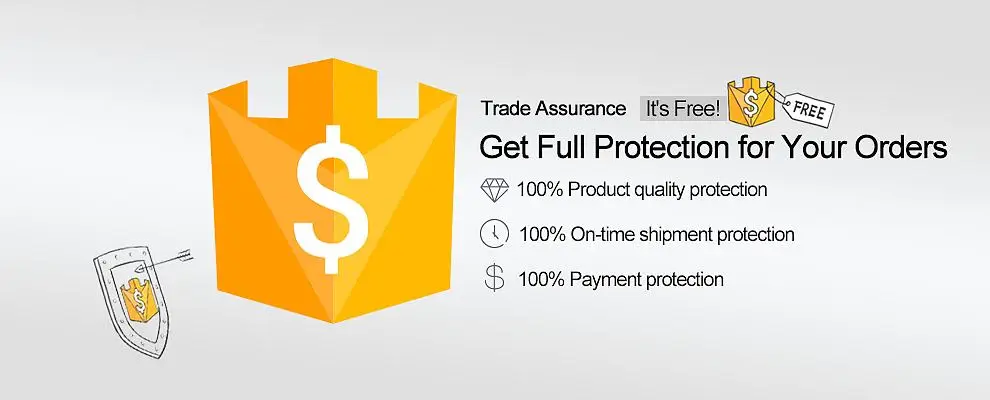Do You Pay Taxes on Personal Loans? Uncover the Truth Behind Tax Implications
When it comes to personal finance, understanding the tax implications of various financial transactions is crucial. One common question that arises is, do y……
When it comes to personal finance, understanding the tax implications of various financial transactions is crucial. One common question that arises is, do you pay taxes on personal loans? This inquiry is particularly relevant for individuals who may be considering taking out a personal loan for various purposes, such as consolidating debt, financing a major purchase, or covering unexpected expenses.
To answer the question directly, the general rule is that personal loans are not considered taxable income. This means that if you take out a personal loan, you typically do not have to pay taxes on the amount borrowed. The IRS views loans as a form of debt rather than income, which is a significant distinction. However, it's essential to understand the nuances and potential exceptions that could apply in certain situations.

First, let's delve into the nature of personal loans. A personal loan is typically unsecured, meaning it does not require collateral like a house or car. Lenders provide these loans based on the borrower's creditworthiness and ability to repay. Since the borrowed amount is expected to be paid back over time, it does not count as income, and thus, you are not required to report it on your tax return.
However, there are a few scenarios where the tax implications could change. For instance, if you default on your personal loan and the lender forgives a portion of the debt, that forgiven amount may be considered taxable income. In such cases, the IRS requires you to report the forgiven debt as income, which could potentially increase your tax liability for that year. It's crucial to keep track of any communications from your lender regarding debt forgiveness, as you may receive a Form 1099-C, which reports canceled debt to the IRS.

Another aspect to consider is the use of personal loans for business purposes. If you take out a personal loan and use the funds to invest in a business, the situation becomes more complex. While the loan itself is not taxable, any income generated from using those funds for business activities may be subject to taxation. Additionally, if you incur expenses related to the business funded by the personal loan, you may be able to deduct those expenses on your tax return, further complicating the tax landscape.
Furthermore, if you are considering taking out a personal loan to pay off other types of debt, such as credit card debt, it’s essential to weigh the potential benefits against the long-term financial implications. While consolidating debt can lead to lower interest rates and simplified payments, it’s vital to ensure that you are not inadvertently creating a tax liability or worsening your financial situation.

In conclusion, while the straightforward answer to do you pay taxes on personal loans is no, it’s essential to be aware of the potential exceptions and nuances involved. Always consult with a tax professional or financial advisor to navigate your specific circumstances and ensure compliance with tax regulations. By understanding the tax implications of personal loans, you can make informed financial decisions that align with your overall financial goals.